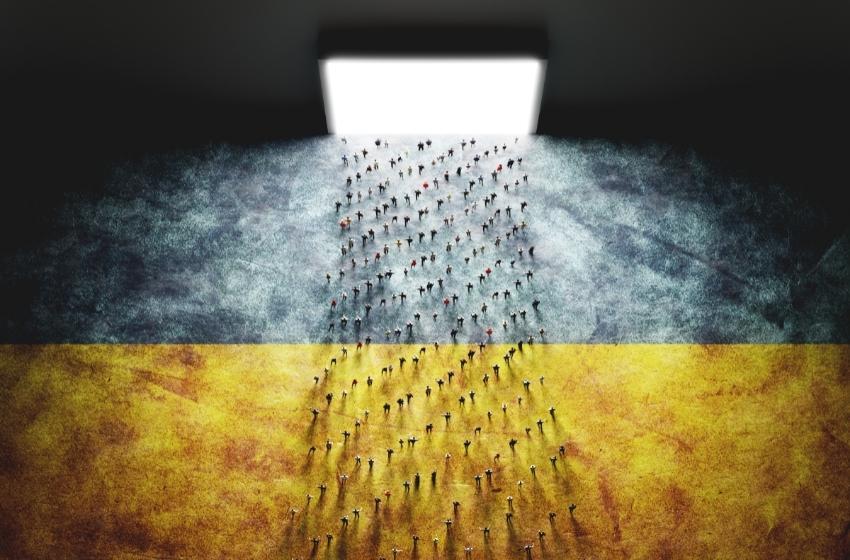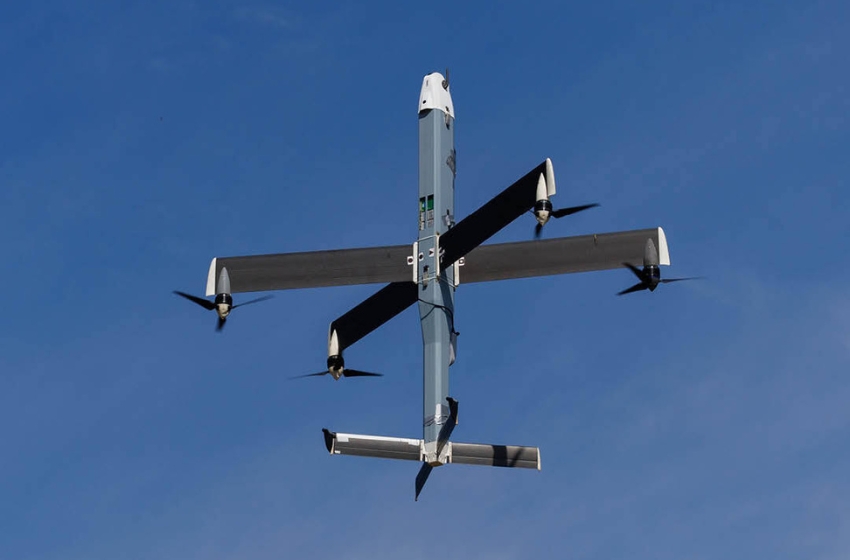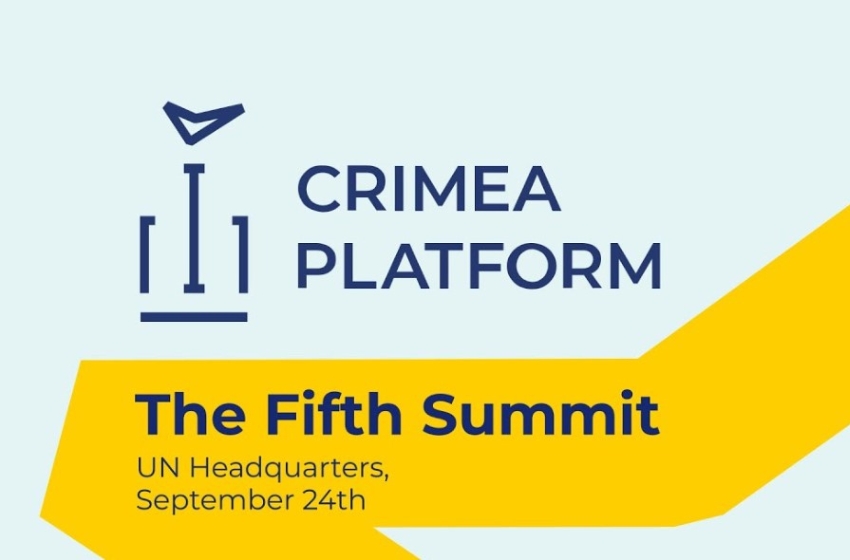Since the beginning of the war, Russia has never provided Ukraine an opportunity to supply the temporarily occupied territory with medicines through humanitarian corridors. This was announced by the First Deputy Minister of Health Oleksandr Komarida.
"Russia does not provide the opportunity to deliver medicines to the temporarily occupied Kherson region. At the same time, there are such cynical cases when the occupying forces take cargo from volunteers and pass it off as provision from russia. The Ministry of Health appealed to international partners - the Red Cross Society, the World Health Organization, the Doctors Without Borders organization, but did not receive any security guarantees or confirmations regaring the organization of humanitarian corridors," explains Oleksandr Komarida.
Meanwhile, the Affordable Medicines program and points of issues of medicines received as humanitarian aid operate to provide drugs to the frontline regions.
Under the Affordable Medicines program, patients can still receive medicine free of charge or with a small payment. The program includes drugs to cure cardiovascular diseases, type I (insulin-dependent) and type II diabetes, bronchial asthma, mental and behavioral disorders, epilepsy, diabetes insipidus, as well as drugs for the prevention of heart attacks and strokes.
In order to receive medicines for outpatient treatment that come as humanitarian aid, a patient can go to a family doctor or a hospital for a prescription for the medicine, and then get it completely free of charge. Medicines as humanitarian aid are delivered to almost all primary care institutions.





















